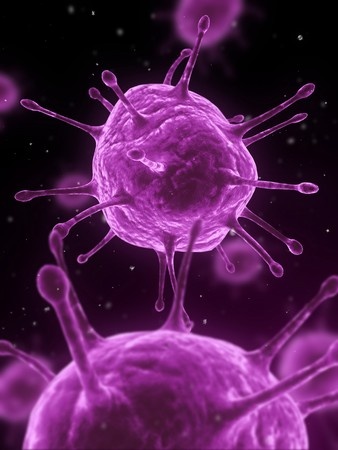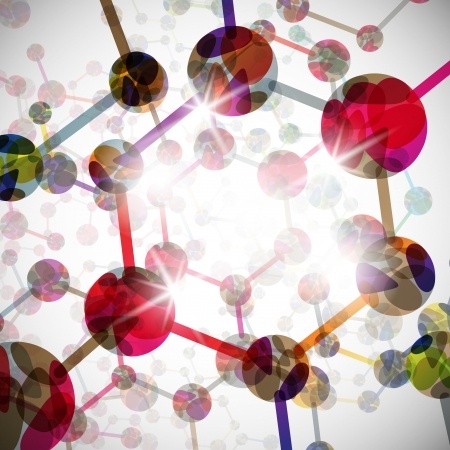Hypothermia; concussions and Alzheimer’s disease; why hot water can freeze faster; the Bat Bot; possible sign of dark matter; images of Saturn’s rings – just a few of the themes in today’s eclectic collection of SciNews. Share these stories with your students and get them excited about science.
SciNews is published twice weekly. Stay tuned for more.
 Biology
Biology
Scientists Say: Hypothermia. Science News for Students
This is a condition in which someone’s body temperature gets dangerously low. People need to keep their bodies at a temperature of around 37° Celsius (98.6° Fahrenheit) for cells to carry out their normal routines. Read more…
Link found between concussions, Alzheimer’s disease. Science Daily
Concussions accelerate Alzheimer’s disease-related brain atrophy and cognitive decline in people who are at genetic risk for the condition, research has found. The findings show promise for detecting the influence of concussion on neurodegeneration. Read more…
Chemistry

Here’s how hot water might freeze faster than cold. Science News for Students
Cold water should freeze faster than hot water. Right? It seems logical. But some experiments have suggested that under the right conditions, hot water can freeze faster than cold. Now chemists offer a new explanation for how this might happen. Read more…
Physics
New bat-like drone can manoeuvre better than traditional drones. CBC
Holy drone, Batman! Mechanical masterminds have spawned the Bat Bot, a soaring, sweeping and diving robot that may eventually fly circles around other drones. Read more…
Possible sign of dark matter shows up again, Science News
A strange X-ray signal has popped up again in new measurements, raising hopes that it could be a sign of dark matter. Read more…
Earth and Space Science
Cassini spacecraft captures stunning images of Saturn’s rings. CBC
New images from NASA’s Cassini spacecraft have provided an unprecedented view of Saturn’s intricate ring system. Read more…



